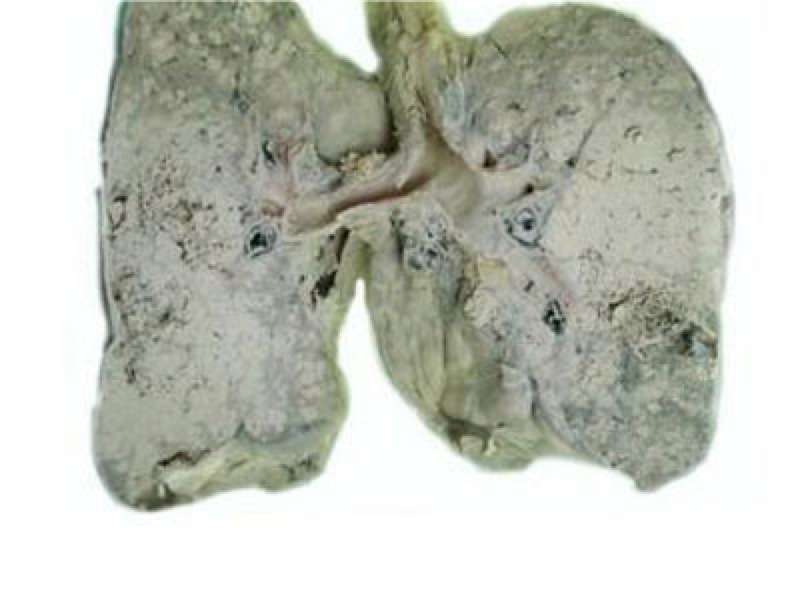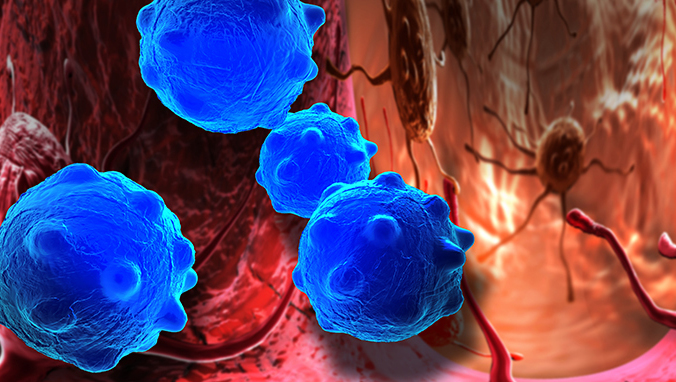Introduction of PD1 combined chemotherapy
PD-1 combined with chemotherapy has already shown impressive results in a variety of tumors and has become a new choice for many patients. PD-1 antibody combined chemotherapy has become the preferred treatment for advanced non-squamous non-small cell lung cancer without driver gene mutations. It has been officially approved by the US FDA for marketing. Let''s take a look at the introduction of PD1 combined chemotherapy. 
Compared with chemotherapy alone, PD-1 combined with chemotherapy is more effective (29% increased to 55%), and the median disease-free survival time is longer (8.9 months to 13 months). In addition, PD-1 antibody combined with chemotherapy for advanced gastric cancer and intestinal cancer has also achieved preliminary results.
PD-1 antibody O drug combined with chemotherapy is effective for gastric cancer up to 68.4% disease control rate is 86.8%; PD-1 antibody K drug combined with chemotherapy is used for gastric cancer, Effective rate 60%, disease control rate 92% (see: PD-1 combined chemotherapy: 10 tumors completely disappeared (a total of 38)!). In a clinical trial of 30 patients with advanced bowel cancer, PD-1 antibody K drug combined with chemotherapy, the disease control rate was as high as 100%.
This series of evidence suggests that chemotherapy can not only be used in combination with PD-1 inhibitors, but also seems to play a synergistic effect, so that each other''s efficacy is improved, and the survival of patients is prolonged. However, the question of the best mode of administration, dosage, and time interval for the combination of chemotherapy and PD-1 inhibitors is still quite controversial.
Local tumor chemotherapy followed by PD-1 antibody; compared with intravenous systemic chemotherapy, combined with PD-1 antibody can improve the effectiveness of PD-1 antibody to a greater extent and prolong survival.
Related Articles

- Early Signs of Bladder Cancer
- What are the early symptoms of bladder cancer?
- 2020-12-17

- Early symptoms of lung cancer
- 2020-12-17

- First-line chemotherapy for squamous cell carcinoma
- Squamous cell carcinoma is abbreviated as squamous cell carcinoma, also known as epidermal carcinoma. It is a malignant tumor that occurs in epidermal or accessory organ cells. Cancer cells
- 2020-08-02

- Is the second-grade clear kidney cancer living up to 5 years?
- Nuclear grading is an important prognostic factor for renal clear cell carcinoma and has been included in the WHO classification. Currently, a four-level grading system is generally used. T
- 2020-08-02

- Is metastatic carcinoma easy to metastasize
- Once the cancer has metastasized, it will be very difficult to cure, because many people have lost their lives because of the emergence of cancer, so most people think that cancer is an un
- 2020-08-02

- What does microinfiltrating adenocarcinoma mean?
- Microinfiltrating adenocarcinoma is a type of lung cancer. The reason why it is called microinfiltration means that there is less infiltration around it, which means that it is in the early
- 2020-08-01
